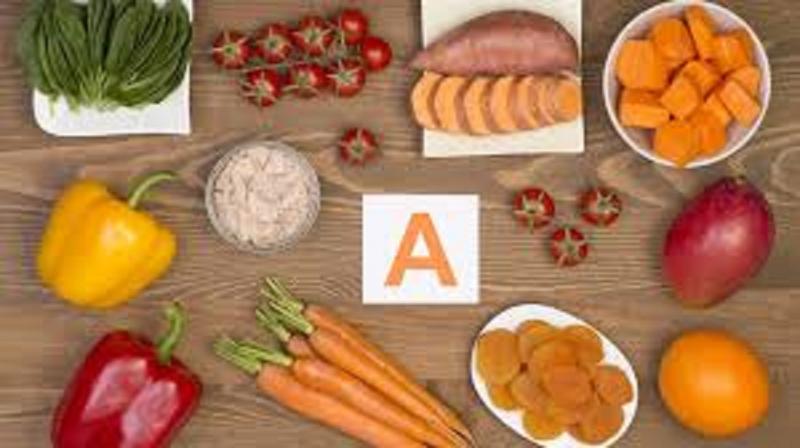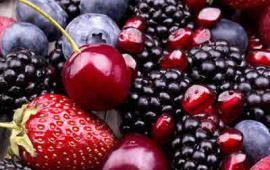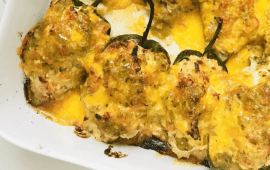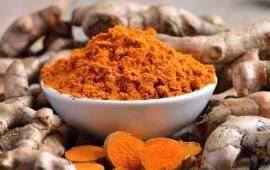Carotenoids are present in many foods, such as fruits and vegetables that contain a high degree of pigmentation and constitute their main dietary sources. Beta-carotene is the most studied carotenoid and one of the most important carotenoids in the diet.
Foods rich in Betacarotene
The richest dietary sources of beta-carotene are yellow, orange, and green vegetables, such as carrots, spinach, and kale.
The bioavailability of beta-carotene from vegetables is generally low. Several factors are important for the absorption of beta-carotene. For example, cooking foods that cause mechanical breakdown of food facilitates the absorption of beta-carotene. Also the presence of fat in the diet facilitates its absorption considering that beta-carotene has an affinity for fats.
“Best cooked and served with raw oil”
Betacarotenes: Benefits
One of the most important actions of dietary beta-carotenes in the treatment and prevention of cancer is their ability to inhibit the growth of tumor cells, as has been demonstrated in studies with cell lines. (Schwartz et al. 1990, Stivala et al. 2000).
There is a growing number of studies showing the role of beta-carotene in the induction of apoptosis or cell death in tumor cells. For example in studies that show that beta-carotene induces apoptosis or cell death in colon adenocarcinoma cells (Palozza et al. 2001, 2002a), as well as in leukemic cells (Palozza et al. 2002b).
Because the development of cancer has been related to high levels of oxidative stress, the antioxidant properties of beta-carotene are beneficial for the prevention and treatment of cancer. The presence of beta-carotenes decreases oxidative damage in lymphocytes and therefore protects immune function (Fabiani et al.2001).
"For the prevention of cancer, and as part of the accompanying diet during and after cancer treatments, it is recommended to eat dishes cooked with carrots and spinach served with raw olive oil, and combined with cereal. grains such as millet, quinoa, brown rice or buckwheat."
Scientific studies on Betacarotenes and Cancer:
- Schwartz JL, Singh RP et al (1990) Induction of a 70 kD protein associated with the selective cytotoxicity of beta-carotene in human epidermal carcinoma. Biochem Biophys Res Commun 169:941–946
- Stivala LA, Savio M et al (2000) The antiproliferative effect of beta-carotene requires p21waf1/cip1 in normal human fibroblasts. Eur J Biochem 267:2290–2296
- Palozza P, Calviello G et al (2001) beta-carotene at high concentrations induces apoptosis by enhancing oxy-radical production in human adenocarcinoma cells. Free Radic Biol Med 30:1000–1007
- Palozza P, Serini S et al (2002a) Induction of cell cycle arrest and apoptosis in human colon adenocarcinoma cell lines by beta-carotene through down-regulation of cyclin A and Bcl-2 family proteins. Carcinogenesis 23:11–18
- Palozza P, Serini S et al (2002b) Regulation of cell cycle progression and apoptosis by betacarotene in undifferentiated and differentiated HL-60 leukemia cells: possible involvement of a redox mechanism. Int J Cancer 97:593–600
- Fabiani R, De Bartolomeo A et al (2001) Antioxidants prevent the lymphocyte DNA damage induced by PMA-stimulated monocytes. Nutr Cancer 39:284–291




